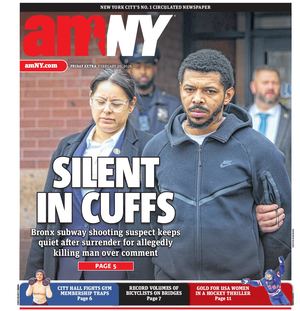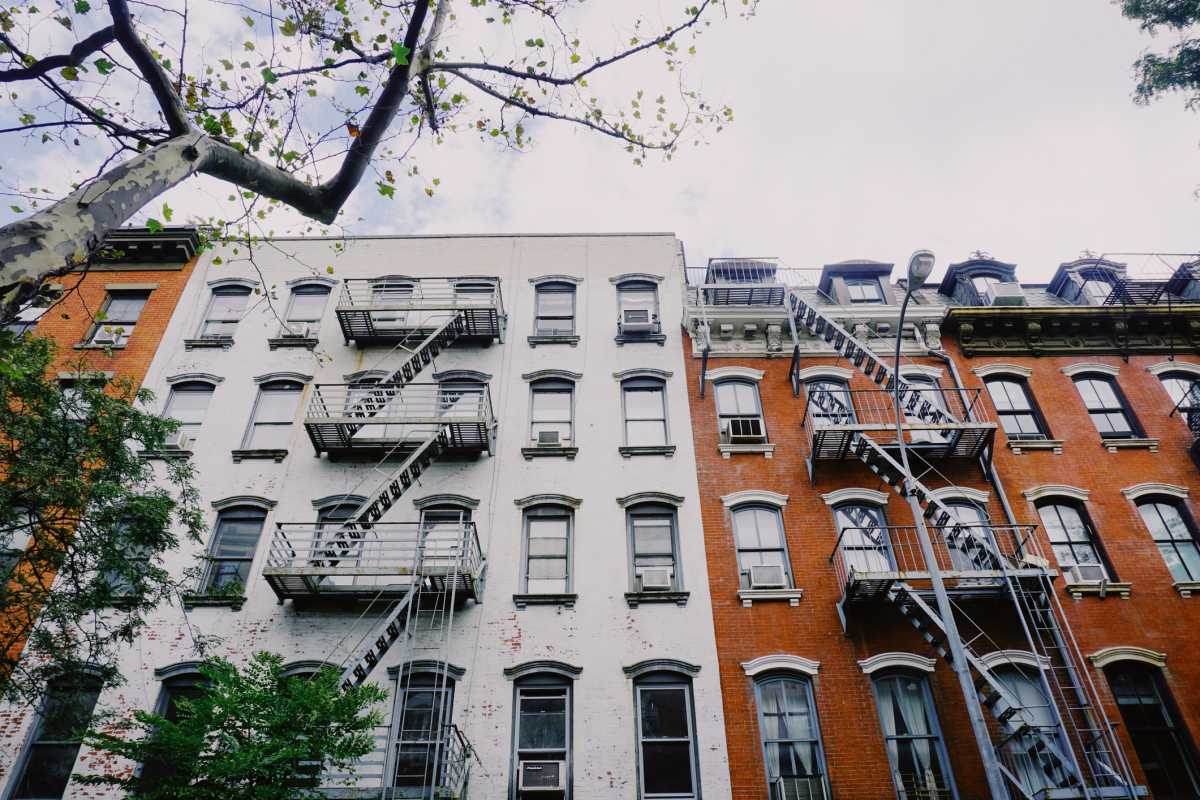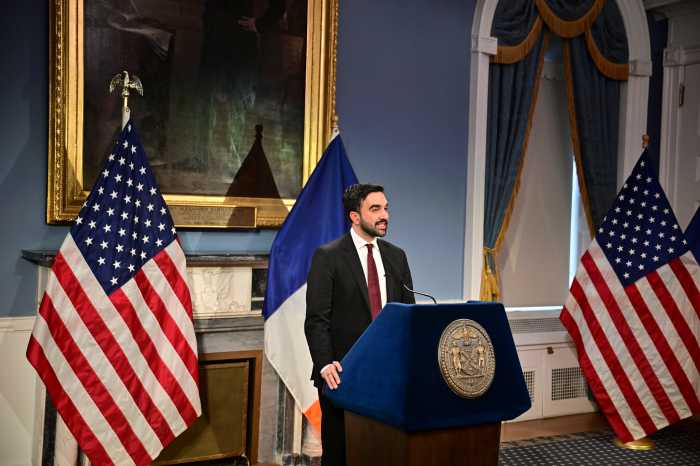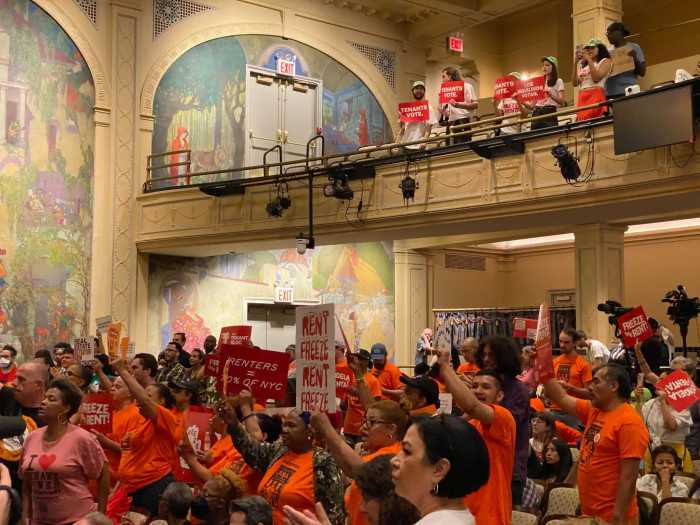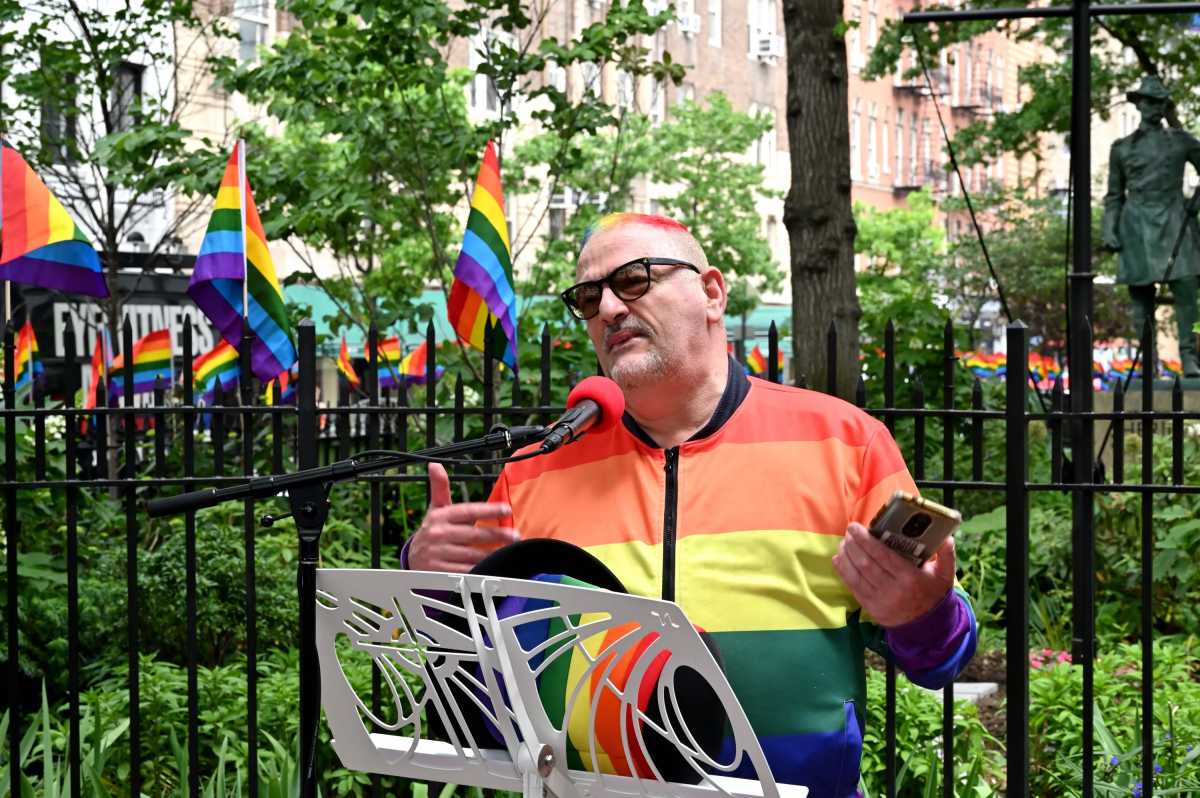A coalition of advocacy groups sued the New York City Department of Social Services (DSS) over its plan to eliminate a housing incentive supporting homeless people in a lawsuit filed in a Manhattan court Monday.
The organizations seek to stop DSS from terminating the “unit hold” incentive, a one-month rent payment to landlords ensuring apartments are held off the market for prospective tenants while paperwork for CityFHEPS housing vouchers, a rental-assistance program, is being processed. DSS plans to end the voucher program on July 1, citing a declining need due to faster processing times.
The plaintiffs, represented by The Legal Aid Society, allege the unit hold incentive is crucial to finding homeless people stable homes and asked the courts to block DSS from implementing the change, requesting a preliminary injunction to resume unit hold payments.
Pavita Krishnaswamy, senior attorney in the Civil Law Reform Unit at The Legal Aid Society, said in a press release that the unit hold incentive has played a “critical role” in finding housing for homeless New Yorkers.
“Eliminating it without notice or explanation not only defies the law — it defies basic common sense and compassion,” Krishnaswamy said. “This abrupt policy change will extend shelter stays, break up families, disrupt education, and cost the City far more in the long run.”
The plaintiffs include the Coalition for the Homeless, Women in Need (WiN) and Neighbors Together — three prominent homelessness organizations in New York City — as well as three residents of homeless shelters.
The lawsuit details the lengthy process for CityFHEPS approval, including various levels of clearance, inspection and review, that makes landlords “wary” of the voucher program, which the advocacy groups point to as proof that the unit holds are necessary.
A DSS spokesperson said the department does not comment on the specifics of ongoing litigation but told amNewYork that new technology has streamlined the CityFHEPS process to an average of three weeks, decreasing the need for expensive unit hold incentives.
“The unit hold incentive served as a stop-gap solution to address the lack of robust mechanisms for processing rental subsidies to secure housing that is quickly leasing up,” the spokesperson wrote. “Last year, we rolled out a technological overhaul to reduce the agency’s long-standing reliance on manual tracking and outdated systems which were more prone to inconsistencies resulting in processing delays.”
According to the DSS spokesperson, DSS aimed to phase out the unit hold program as a cost-saving measure — part of an Adams administration budget reduction program — after the CityFHEPS budget grew to $1.25 billion in 2025, up from $253 million in fiscal year 2021.
“Taking a financially sustainable approach is better than having to make harder decisions down the line which could impact the issuance of new vouchers for the most at-risk New Yorkers,” the spokesperson wrote.
New York City also faces limited state support, with only $50 million budgeted for a statewide rental voucher program, even as President Donald Trump attacks the federally funded Section 8 system, which helps fund public housing.
The Adams administration informed housing advocates and landlords it was ending the unit hold incentive in a May 30 email the lawsuit describes as “abrupt.” The change was not announced publicly, but City Limits reported on the decision on June 10.
Christine Quinn, WiN’s president and former speaker of City Council, said in a June 13 statement that the Adams administration is destroying opportunities for homeless New Yorkers.
“Mayor Adams has already proposed hiking the rent on vulnerable families utilizing CityFHEPS vouchers and now he wants to make it even harder for them to access an apartment at all,” Quinn said. “Instead of trying to solve one of the most pressing challenges facing our city, the Adams Administration seems determined to make New York City’s unprecedented homelessness crisis even worse.”
“With over 175,000 New Yorkers on the brink of eviction, and more than 46,000 children living in city homeless shelters, now is not the time to make it even harder for families to access the stable housing they need in order to achieve self-sufficiency,” Quinn added.
Nearly 22,000 individuals moved out of shelters in fiscal year 2024 using CityFHEPS, an increase of 56% from the previous year, especially as DSS loosened eligibility requirements, according to DSS data.
Despite the average waiting time of three weeks, DSS Commissioner Molly Waslow Park admitted during a January City Council hearing that waiting times are variable around that average, and a City Council report released June 10 described the “administrative delays” that can increase the wait time to months.
According to housing advocates and experts, the CityFHEPS unit hold incentive has been key to building trust with landlords, who are increasingly skeptical about waiting for the lengthy DSS approval process.
The lawsuit now sits before the Supreme Court of New York, a statewide trial court.
“Without Unit Hold incentives, shelter residents will experience even greater difficulties in obtaining apartments in which they can use their subsidies and will spend more months in shelter at additional cost to the City, while tenants trying to obtain new housing in the face of eviction from unregulated apartments will be placed at greater risk of shelter entry,” the lawsuit reads.
